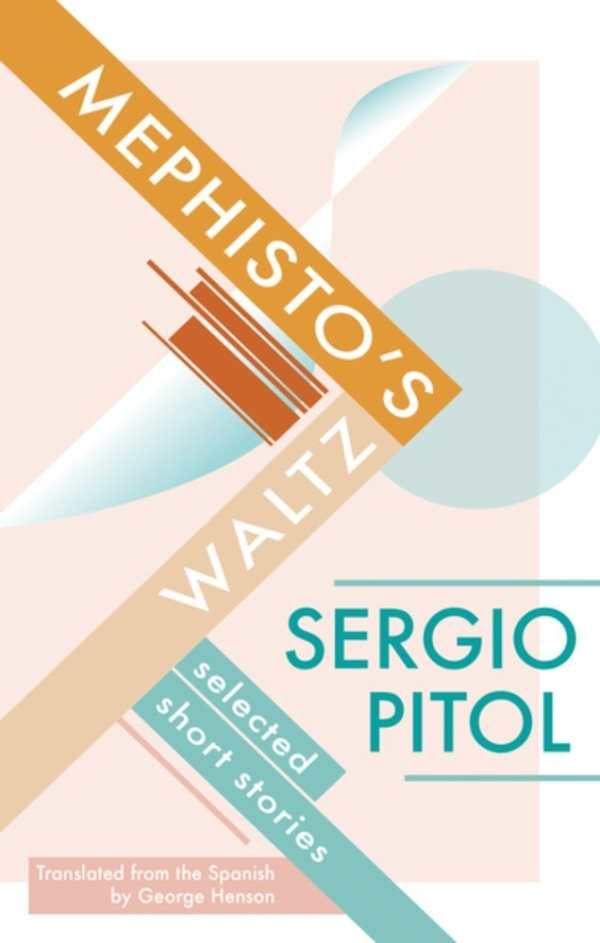Mephisto's Waltz
Mephisto’s Waltz, a collection of short fiction by the late Mexican author Sergio Pitol, creates a world of eloquent transience, shifting from Mexico to Asia then into Warsaw, Ibiza, Bukhara, Vienna, Venice, and Rome. Pitol’s mastery is solidly elusive, as stories wind around other stories with the delicate and spiraling tenacity of a spider web.
Pitol’s roving yet exacting perspective stems from decades spent abroad as a diplomat, as well as his skilled literary translations of other authors. His childhood was shadowed by illness, as feverishly and miserably recalled in “Victorio Ferri Tells a Tale.” Pitol’s youthful imagination also illuminates the story “The Panther,” wherein a boy envisions an immense feline of “shiny blackness,” more playful than ferocious, prowling about and speaking a dozen random words, like a maddeningly cryptic message that never makes sense.
Though the narrators of the stories at times seem jaded or weary, complaining of “sinisterly tedious” Shanghai nights, irritating companions, insomnia, and the dislocation of travel, there is a sense of determined and accomplished drifting—both physically and mentally.
In the title story, a writer’s ex-wife reads her husband’s fictional interpretation of a classical piano concert they attended while still married. She recalls his neurasthenia, his overactive, wandering mind, the tensions between them, and how she lamentably could never make him accept reality. Pitol manages to empathetically convey her exasperated perspective while also detailing the fascinating abstractions—and vulnerabilities—of the creative process.
That creative process is further explored in “The Dark Twin,” which notes how a novelist is continually distracted by his current work in progress, and how the alternate world of other words and characters lures him into a parallel existence. Pitol’s fiction tours his own complex personal landscape, and his idealizations and the “voices through the voices” are all shared with discreet brilliance.
Reviewed by
Meg Nola
Disclosure: This article is not an endorsement, but a review. The publisher of this book provided free copies of the book to have their book reviewed by a professional reviewer. No fee was paid by the publisher for this review. Foreword Reviews only recommends books that we love. Foreword Magazine, Inc. is disclosing this in accordance with the Federal Trade Commission’s 16 CFR, Part 255.

